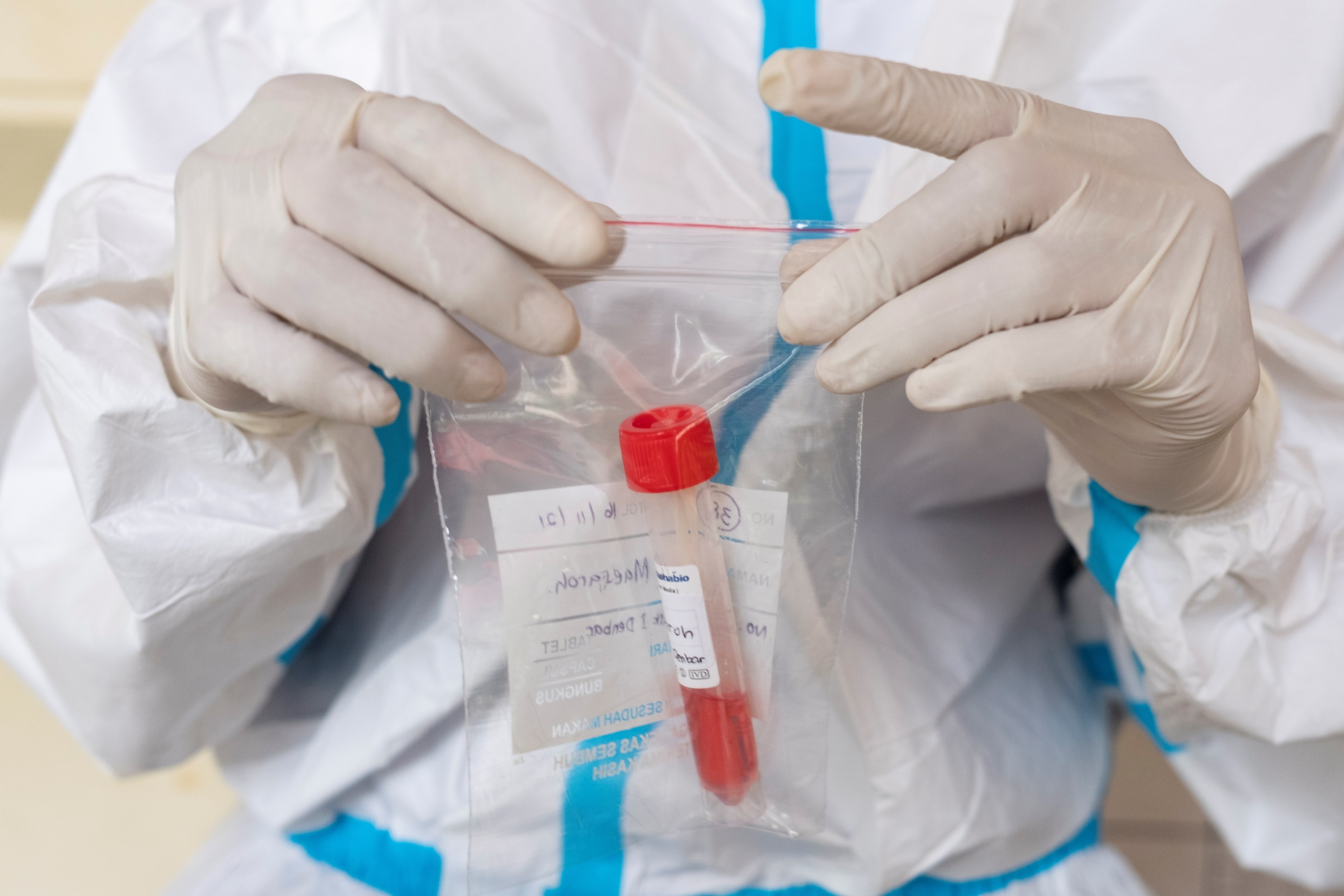The Covid numbers are getting worse in Catalonia and new measures are possible. The Catalan health minister, Josep Maria Argimon, said this Friday that all close contacts of a positive case will have to go into quarantine, whether vaccinated or not, and regardless of the variant with which they have been infected. According to Betevé, Argimon has said that this will come into force when the omicron variant becomes the main variant in new cases in Catalonia, which seems likely to occur next week.
This means a change in the protocol that Catalans will have to observe: since last June, as the TV broadcaster notes, isolating and quarantining have not been required for those who have had their "two shots". However, a few days ago, 10-day quarantines were restored for close contacts of an omicron positive. Now, the policy is likely to be generalised.
What is a close contact?
"A co-worker has tested positive, am I a close contact?" This is a question that could be repeated countless times. The Catalan health department considers that close contact means being within two metres of a confirmed Covid case for more than 15 minutes and without protection, that is, without a mask. The time period included is from 48 hours prior to the onset of the person's symptoms.
The data for Spain and Catalonia
As of this Friday, Spain's 14-day Covid incidence rate (IA14) is at 511 cases per 100,000 inhabitants, thus putting the state into "very high risk" situation just a week before Christmas. A total of 33,359 people have been infected in Spain in the last 24 hours. The level of incidence in the Spanish state remains well below those of most countries north of the Pyrenees - France has an IA14 of 1,025 and the UK, 1,153 - but the figures are now comparable in parts of Spain.
When the data is broken down by autonomous communities, there are 12 at very high risk: Navarre (IA 14 of 1,359) and the Basque Country (1,038) continue to top the list, followed by Aragon (843), Castilla y León (703), Ceuta (699), La Rioja (699), Asturias (658), Melilla (619), the Balearic Islands (593), Murcia (539) and Galicia (511.95).
Catalonia (483) is below the Spanish state's average, along with Madrid (482), the Canary Islands (426), Cantabria (436) and Extremadura (331), but the situation in all communities is worsening.
For several days, Catalonia has been exceeding the figure of 6,000 new positive cases daily, with the effects of the Puríssima holiday week, a fortnight ago visibly affecting the statistics. In 2020, the Puríssima break triggered a new wave of pandemic cases, and indeed the rise in case numbers is comparable with last year's data, but the major difference is that last year the vaccination campaign had not yet begun and now, third doses are being administered to older age groups and jabs have been introduced for the under-12s.
IA14 - 14-day Incidence of Covid in Catalonia (blue = under 50; yellow = over 50)
The EPG outbreak risk in Catalonia is situated at 902 points, a rise of 136 in the last 24 hours. The Rt transmission index is at 1.59, up by 0.12 since yesterday. There are 1,139 Covid patients in Catalan hospitals, and 287 Covid patients in intensive care, with both figures showing a tendency to rise.
Daily deaths from Covid in Catalonia since June
Omicron: what are the symptoms?
So far, the medical data indicate that people who have this new variant of coronavirus have noticed milder symptoms. In particular, that's the news from the Medical Association of South Africa, where the omicron variant exploded several weeks ago. Headaches, sore throats, fatigue and general malaise are normal common symptoms of this new variant. The European Centre for Disease Prevention and Control (ECDC) states that congestion and runny noses are being seen more frequently. Other symptoms, however, are less frequent with omicron. Loss of taste and smell, very evident with the alpha variant and less so with the delta, seem to be even less common with the latest wave, and some studies show that coughs and fever are not so common.
Another change is in the incubation period. With omicron it could all move faster: the South African research company Discovery refers to an incubation period of between 3 to 4 days, considerably shorter than the 5 to 7 days measured up till now by the ECDC .
There is still a great deal of uncertainty surrounding the new variant. In the UK, contagion rates are already skyrocketing, led by omicron cases, and authorities are preparing for a difficult January; and while the South African experience up till now has been for a significantly smaller proportion of omicron cases to require hospitalization than in previous waves, the very high infection rates have caused the authorities to exercise extreme caution. Spain's public health committee decreed a quarantine of 10 days for those in contact with the omicron variant. With Argimon's announcement this Friday, the introduction of isolation periods could be generalised soon.
Main image: A medical professional holds a coronavirus screening test / Efe

